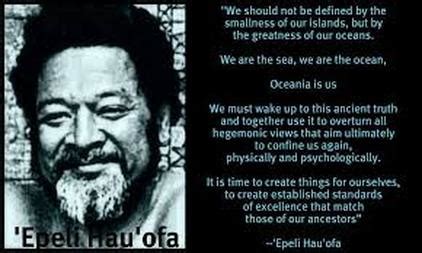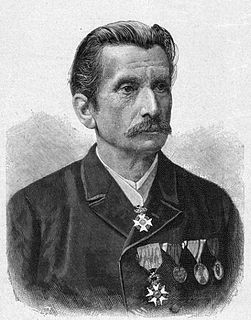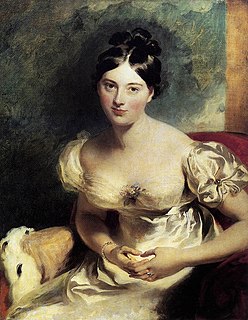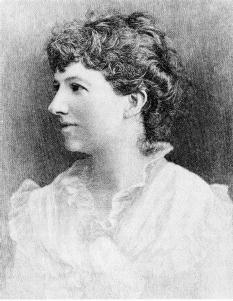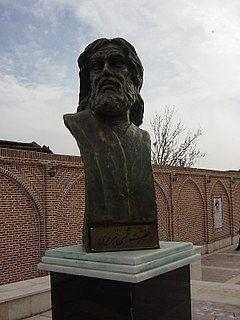A Quote by John Donne
Our faults are not seen, But past us; neither felt, but only in The punishment.
Related Quotes
Dogs invite us not only to share their joy but also to live in the moment, where we are neither proceeding from nor moving toward, where the enchantment of the past and future cannot distract us, where a freedom from practical desire and a cessation of our usual ceaseless action allows us to recognize the truth of our existence, the reality of our world and purpose--if we dare.
Before making peace, war is necessary, and that war must be made with our self. Our worst enemy is our self: our faults, our weaknesses, our limitations. And our mind is such a traitor! What does it? It covers our faults even from our own eyes, and points out to us the reason for all our difficulties: others! So it constantly deludes us, keeping us unaware of the real enemy, and pushes us towards those others to fight them, showing them to us as our enemies.
That the past is ahead, in front of us, is a conception of time that helps us retain our memories and to be aware of its presents. What is behind us [the future] cannot be seen and is liable to be forgotten readily. What is ahead of us [the past] cannot be forgotten so readily or ignored, for it is in front of our minds' eyes, always reminding us of its presence. The past is alive in us, so in more than a metaphorical sense the dead are alive - we are our history.
[Our goal] is to help revive America's traditional values: faith, family, neighborhood, work and freedom. Government has no business enforcing these values but neither must it seek, as it did in the recent past, to suppress or replace them. That only robbed us of our tiller and set us adrift. Helping to restore these values will bring new strength, direction and dignity to our lives and to the life of our nation. It's on these values that we'll best build our future.
Love knows no virtue, no profit; it loves and forgives and suffers everything, because it must. It is not our judgment that leads us; it is neither the advantages nor the faults which we discover, that make us abandon ourselves, or that repel us. It is a sweet, soft, enigmatic power that drives us on. We cease to think, to feel, to will; we let ourselves be carried away by it, and ask not whither?
It may well be that our means are fairly limited and our possibilities restricted when it comes to applying pressure on our government But is this a reason to do nothing? Despair is nor an answer Neither is resignation Resignation only leads to indifference, which is not merely a sin but a punishment.
Now, justification in this life is given to us according to these three things: first by the laver of regeneration by which all sins are forgiven; then, by a struggle with the faults from whose guilt we have been absolved; the third, when our prayer is heard, in which we say: 'Forgive us our debts,' because however bravely we fight against our faults, we are men; but the grace of God so aids as we fight in this corruptible body that there is reason for His hearing us as we ask forgiveness.
The aim of scientific thought, then, is to apply past experience to new circumstances; the instrument is an observed uniformity in the course of events. By the use of this instrument it gives us information transcending our experience, it enables us to infer things that we have not seen from things that we have seen; and the evidence for the truth of that information depends on our supposing that the uniformity holds good beyond our experience.




